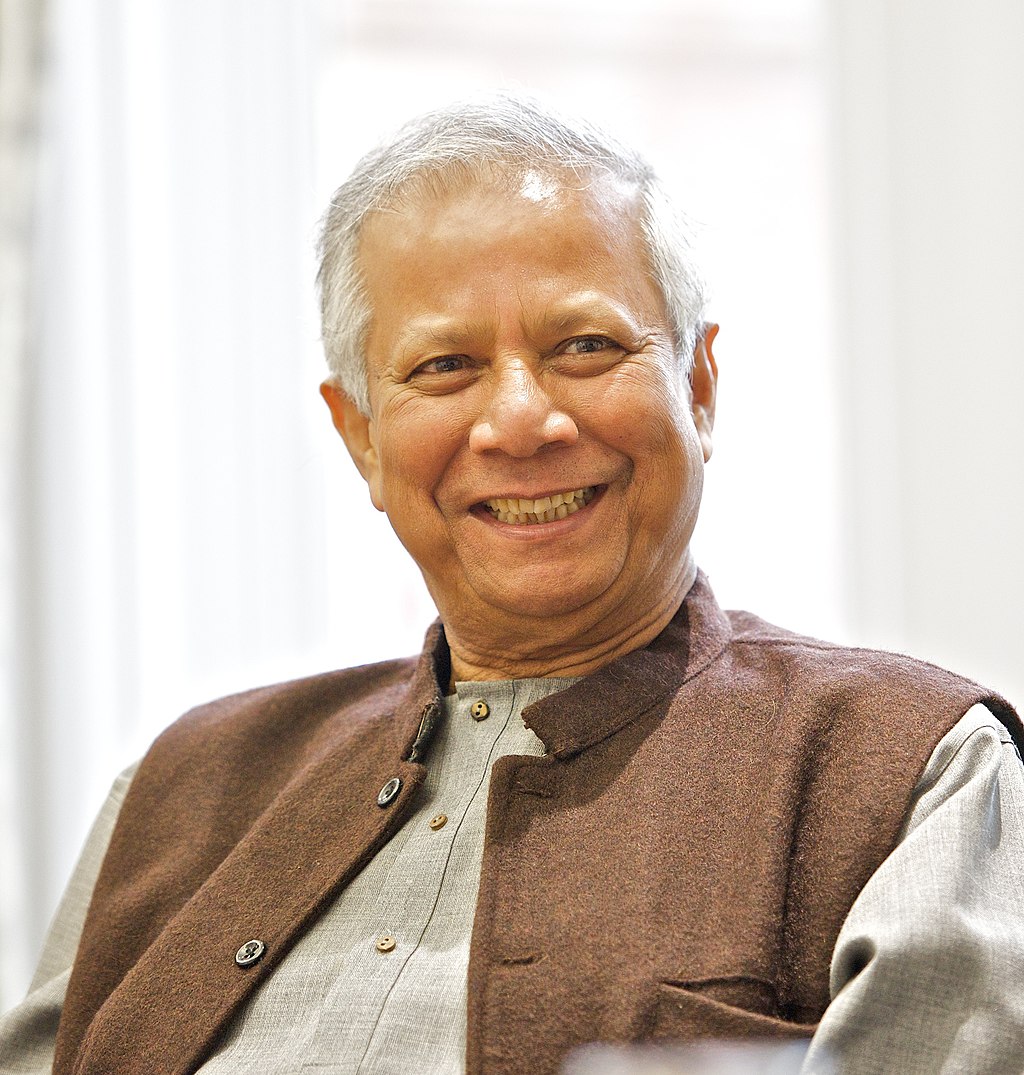
File photo of Prof Muhammad Yunus
Washington: After Bangladesh’s lone Noble laureate Professor Muhammad Yunus urged the world leaders and the United Nations to act promptly to stop the violence in the country in which many demonstrators have been killed by armed forces, the United States has condemned the reported shoot-on-sight orders by the government. It also called on the Bangladeshi government to restore internet service.
“So we are closely following developments in Bangladesh. We continue to call for calm and de-escalation. We condemn all recent acts of violence in Bangladesh and reiterate our unwavering support for peaceful assembly. In addition, we remain deeply concerned by reports of ongoing telecommunications disruptions across the country which limit the ability of people in Bangladesh, including American citizens, to access critical information,” the US State Department Spokesperson Matthew Miller told journalists in Washington.
It may be mentioned that in an interview with Global Bihari yesterday, Professor Yunus had urged the international community including the United Nations to halt the murder of agitating Bangladeshi nationals across the South Asian nation.
Also read: Help stop killing spree in Bangladesh: Nobel laureate Muhammad Yunus
Professor Yunus is now being seen by many within Bangladesh as someone with strong ties with the US Government and European Union, who can assume the leadership of a caretaker government in Bangladesh.
However, Washington made it clear today that the question of alternative leadership in Bangladesh was ultimately a question for the Bangladeshi people and not the United States of America. Miller said when it comes to the government in Bangladesh, it’s a government with which the US has worked on several issues, “but we also make clear when we have concerns…”. He added, “So we will continue to make our concerns clear and we will continue to speak with our partners in the international community about concerns that we have”.
In Bangladesh, the internet has been shut down for six days and security forces have been given shoot-at-sight orders by the government in the wake of the student’s demonstration over quota. Bangladesh supreme court on Sunday, March 21, 2024, rolled back most of the controversial quotas on government jobs and asked the government to change the quota system, making almost 93 per cent of the government jobs free of quota.
Miller though said that the underlying quota system and whether it goes forward, whether it’s rescinded, was an internal matter for Bangladesh to decide. “Where we feel the need to speak out is on acts of violence, on the shutdown of the internet, and other things that impact fundamental human rights, human dignity, human freedoms,” he said.
He asserted, “We condemn all acts of violence, and we condemn acts of violence no matter who they are perpetrated by or perpetrated against. And so of course we stand with the Bangladeshi people. We support freedom of assembly, we support peaceful protests, but when it comes to acts of violence, whether they be committed by people conducting protests or by government authorities, we condemn them in all instances”.
He added, “And of course, I would just – as a final thought with respect to the situation – reiterate that media freedom is an essential building block of a thriving democracy. It is essential that journalists in Bangladesh, as is true everywhere in the world, be able to function freely.”
– global bihari bureau





